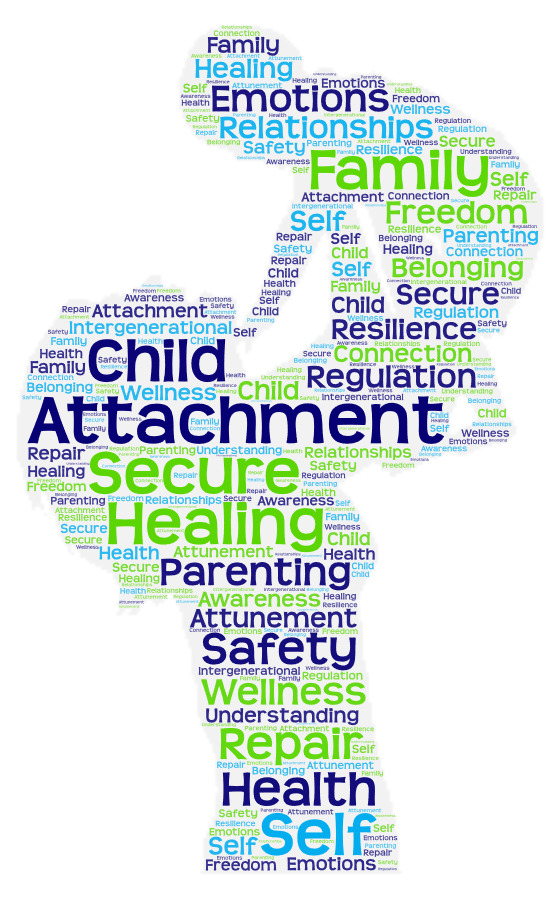
What is Attachment?
Humans are social beings. We need connection, belonging, and safety in our relationships, and in the context of the larger society, in order to survive and thrive. The term “attachment” refers to the relationship that develops between infants and young children and their caregivers. Attachment theory is based the observation that infants and young children whose physical, emotional, and social needs are met with consistency, warmth, and care, are able to form secure attachments with their caregivers. This means that they are better equipped to effectively manage their emotions, recover from life’s stressors, and form healthy, secure relationships with others. Early attachment experiences serve as a template for whether individuals come to view themselves as worthy, competent, capable, and deserving of love, kindness, and respect.
How can attachment-informed therapy help me?
Our early relationships with caregivers, starting from birth throughout childhood and adolescence, gives us a sense of whether or not we are safe in the world, and whether or not we are worthy of being treated with kindness, love, and respect.
If, as infants and young children, our needs were met with consistency and warmth, we developed an intrinsic sense of safety, security, and confidence. Conversely, if our needs were not met with warmth and consistency, or if we or our caregivers were exposed to abuse or other traumatic events, we may learn that we are not safe with others, or in the world. For many, this can lead to the development of anxiety and depression, intrinsic feelings of shame and unworthiness, unhealthy relationships, addiction, or even health concerns such as high blood pressure, diabetes, or gastrointestinal complaints that can result from chronic toxic stress.
Increasingly, neuroscience confirms the impact of primary relationships on an individual’s self-esteem, mood, outlook in life, and capacity to regulate difficult emotions. Attachment-informed trauma therapy can help to repair the psychological wounds from childhood, relieving people from cycles of shame, blame, guilt, doubt, and emotional dysregulation. Targeted outcomes of healing early childhood attachment wounds can include reducing anxiety and depression, improved stress-management, improved self-esteem and self-confidence, and the ability to form healthy, safe relationships.

